39 cara pembayaran kartu kredit mandiri via atm
title of an opera by Verdi, Italian, literally "the woman led astray," from traviata literally "to lead beyond the way," from tra- "across, beyond" (from Latin trans; see trans-) + via "way" (see via). mengapa pembayaran-menggunakan-kartu-kredit-atau-kartu-debet-saya-gagal ...
1630s, "turn aside or wander from the (right) way," from Late Latin deviatus, past participle of deviare "to turn aside, turn out of the way," from Latin phrase de via, from de "off" (see de-) + via "way" (see via). Meaning "take a different course, diverge, differ" is from 1690s. Related: Deviated; deviating. The noun meaning "sexual pervert" is attested from 1912.
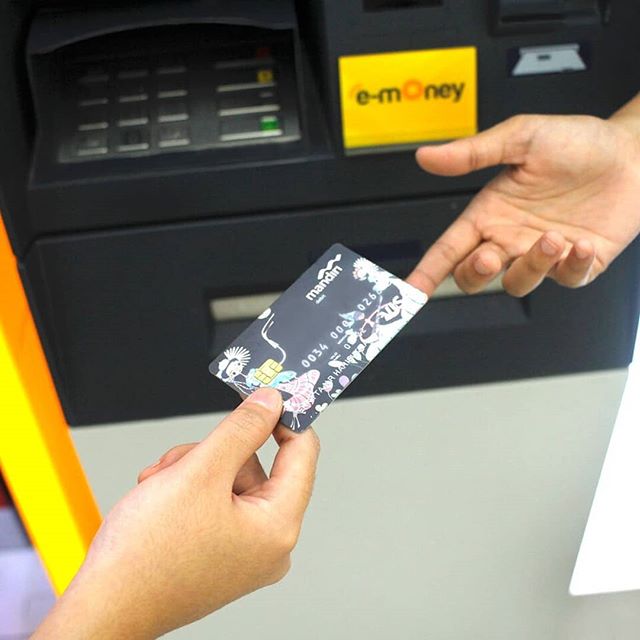
Cara pembayaran kartu kredit mandiri via atm
c. 1200, "the face, countenance," especially as expressing emotion, from Anglo-French chere "the face," Old French chiere "face, countenance, look, expression," from Late Latin cara "face" (source also of Spanish cara), possibly from Greek kara "head," from PIE root *ker- (1) "horn; head." From mid-13c. as "frame of mind, state of feeling, spirit; mood, humor." By late 14c. the meaning had extended metaphorically to "state or temper of mind as indicated by expression." This could be in a good or bad sense ("The feend ... beguiled her with treacherye, and brought her into a dreerye cheere," "Merline," c. 1500), but a positive sense, "state of gladness or joy" (probably short for good cheer), has predominated since c. 1400. Meaning "that which makes cheerful or promotes good spirits" is from late 14c. Meaning "shout of encouragement" is first recorded 1720, perhaps nautical slang (compare earlier verbal sense, "to encourage by words or deeds," early 15c.). The antique English greeting what cheer? (mid-15c.) was "having two ways or paths," 1640s, from Latin bivius, from bi- "two" (see bi-) + via "path, way" (see via). 1779, from Latin via "by way of," ablative form of via "way, road, path, highway, channel, course" (from PIE root *wegh- "to go, move, transport in a vehicle," which is also the source of English way (n.)).
Cara pembayaran kartu kredit mandiri via atm. 1590s, "out of the common or direct way," from Latin devius "out of the way, remote, off the main road," from de via; from de "off" (see de-) + via "way, road" (see via). Compare deviate. Originally in the Latin literal sense; the figurative sense of "deceitful" is first recorded 1630s. Related: Deviously; deviousness. Figurative senses of the Latin word were "retired, sequestered, wandering in the byways, foolish, inconsistent." 1976, acronym for automated teller machine (1974), which was developed in modern form c. 1968. See teller. Nikmati kemudahan pembayaran Kartu Kredit BNI melalui fasilitas di bawah ini : ... Bank Mandiri, ATM, Internet Banking, Mobile Banking dan Call Centre ... Pembayaran Paket First Media dapat dilakukan melalui website, Credit Card, One Bill Paymen / Autopay Credit Card, via ATM, Tokopedia, atau melalui gerai non ...
Pembayaran online melalui Kartu Kredit, Virtual Account via ATM, dan PayPal adalah metode pembayaran yang paling kami rekomendasikan karena dapat diproses ... Credit/Debit Card · Mandiri ATM · BNI ATM · Permata ATM · BCA / Prima ATM · ATM Bersama · Alto ATM · Mandiri Internet Banking. e-commerce/ e-wallet; ATM; CBN Office; AutoPay Credit Card; Internet Banking; Mobile Banking; Online Payment; Payment Point; Virtual Account; diCBN App ... For Permata Bank ATM transactions using Permata Bank card is not charged. Is it possible to make payments using a BNI bank ATM card in the Mandiri ATM machine ...
*kā-, Proto-Indo-European root meaning "to like, desire." It forms all or part of: caress; charity; cherish; Kama Sutra; whore; whoredom. It is the hypothetical source of/evidence for its existence is provided by: Sanskrit Kama, name of the Hindu god of love, kamah "love, desire;" Old Persian kama "desire;" Latin carus "dear;" Old Irish cara "friend;" Old English hore "prostitute, harlot." 1560s, from Latin viaticum "traveling money; provision for a journey," noun use of neuter of adjective viaticus, from via "way" (see via). In Late Latin also "money to pay the expenses of one studying abroad," and in Church Latin, "the eucharist given to a dying person." 1650s, from Latin viaticus "of or pertaining to a journey," from via "way" (see via) + -al (1). Related: Viatical (1782). Payment via Telkomsel channel. MyTelkomsel App ... Type your kartuHalo number. The billing information will ... Bank Mandiri. Bank Mandiri. ATM.
1779, from Latin via "by way of," ablative form of via "way, road, path, highway, channel, course" (from PIE root *wegh- "to go, move, transport in a vehicle," which is also the source of English way (n.)).
"having two ways or paths," 1640s, from Latin bivius, from bi- "two" (see bi-) + via "path, way" (see via).
c. 1200, "the face, countenance," especially as expressing emotion, from Anglo-French chere "the face," Old French chiere "face, countenance, look, expression," from Late Latin cara "face" (source also of Spanish cara), possibly from Greek kara "head," from PIE root *ker- (1) "horn; head." From mid-13c. as "frame of mind, state of feeling, spirit; mood, humor." By late 14c. the meaning had extended metaphorically to "state or temper of mind as indicated by expression." This could be in a good or bad sense ("The feend ... beguiled her with treacherye, and brought her into a dreerye cheere," "Merline," c. 1500), but a positive sense, "state of gladness or joy" (probably short for good cheer), has predominated since c. 1400. Meaning "that which makes cheerful or promotes good spirits" is from late 14c. Meaning "shout of encouragement" is first recorded 1720, perhaps nautical slang (compare earlier verbal sense, "to encourage by words or deeds," early 15c.). The antique English greeting what cheer? (mid-15c.) was
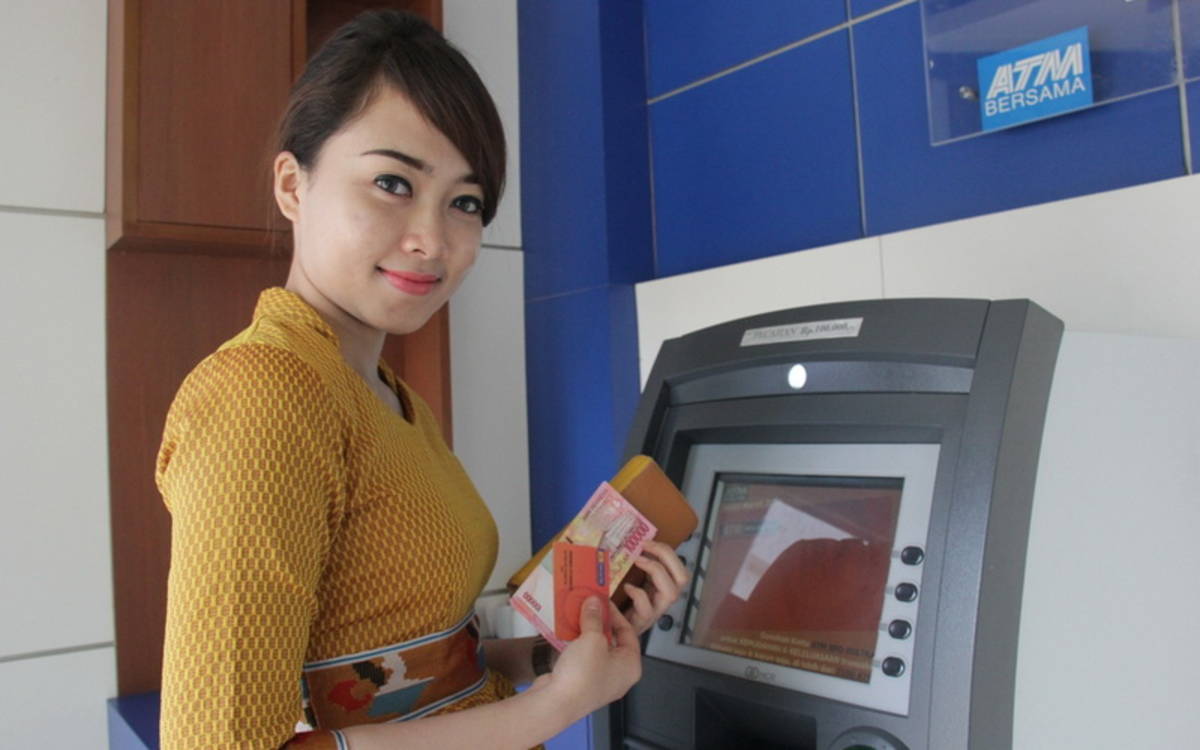

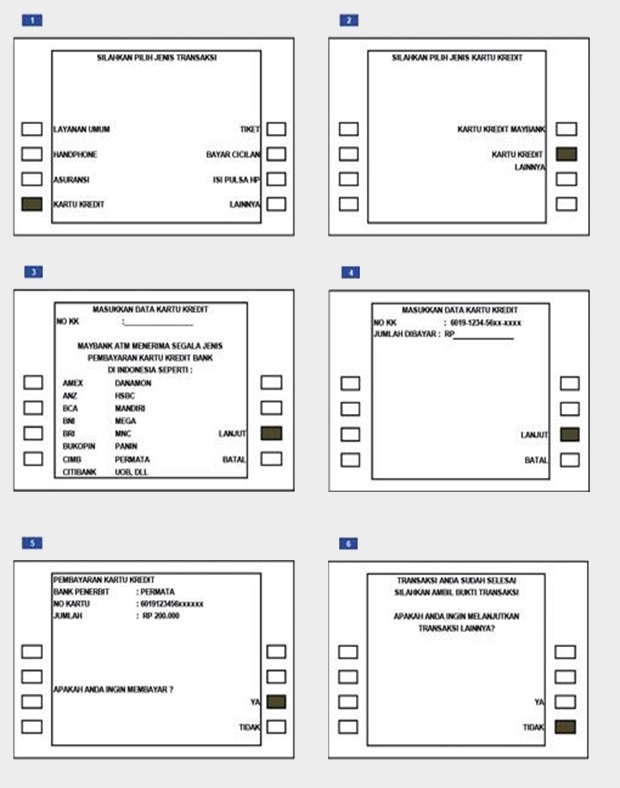

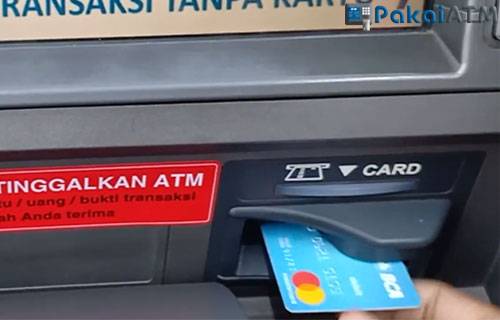








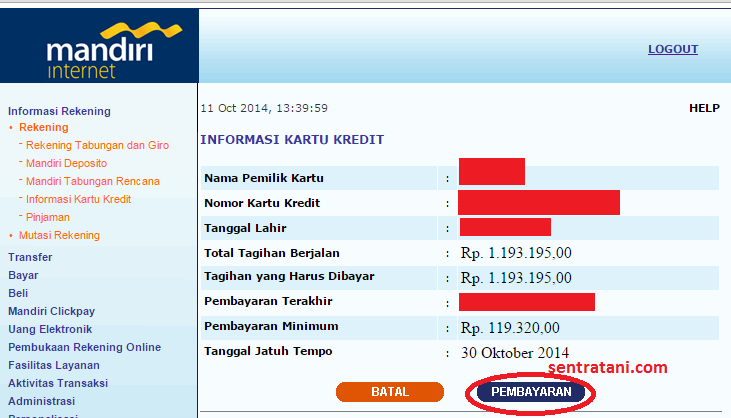



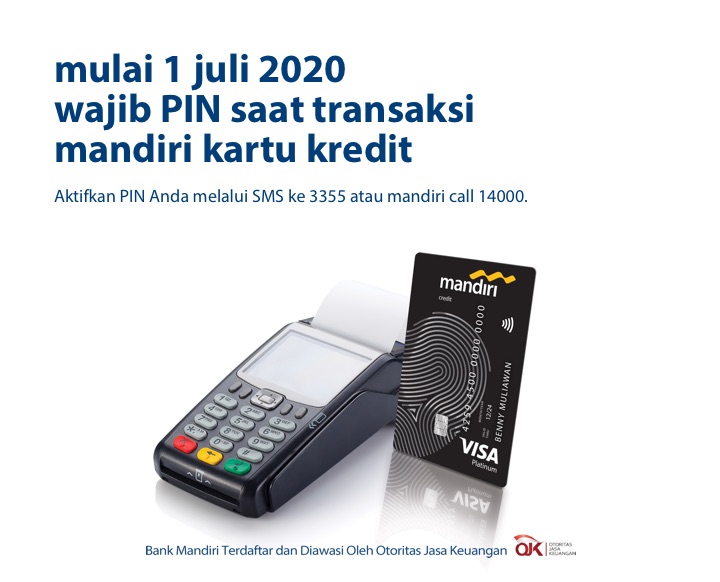
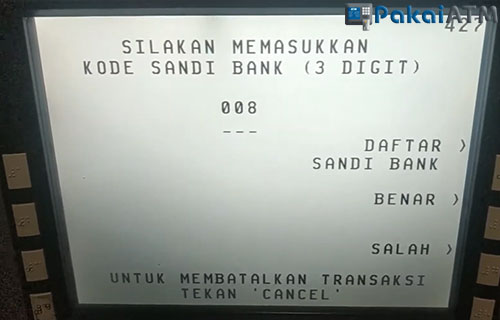

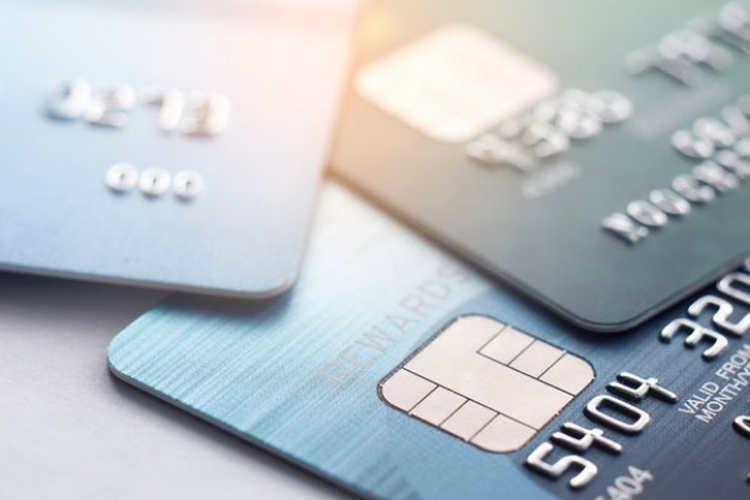
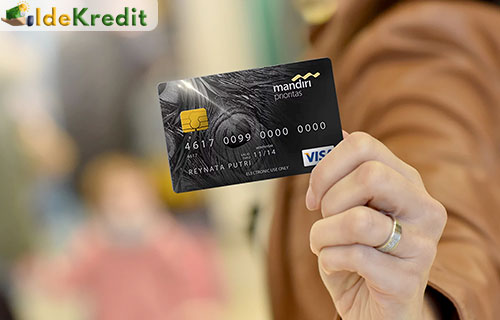





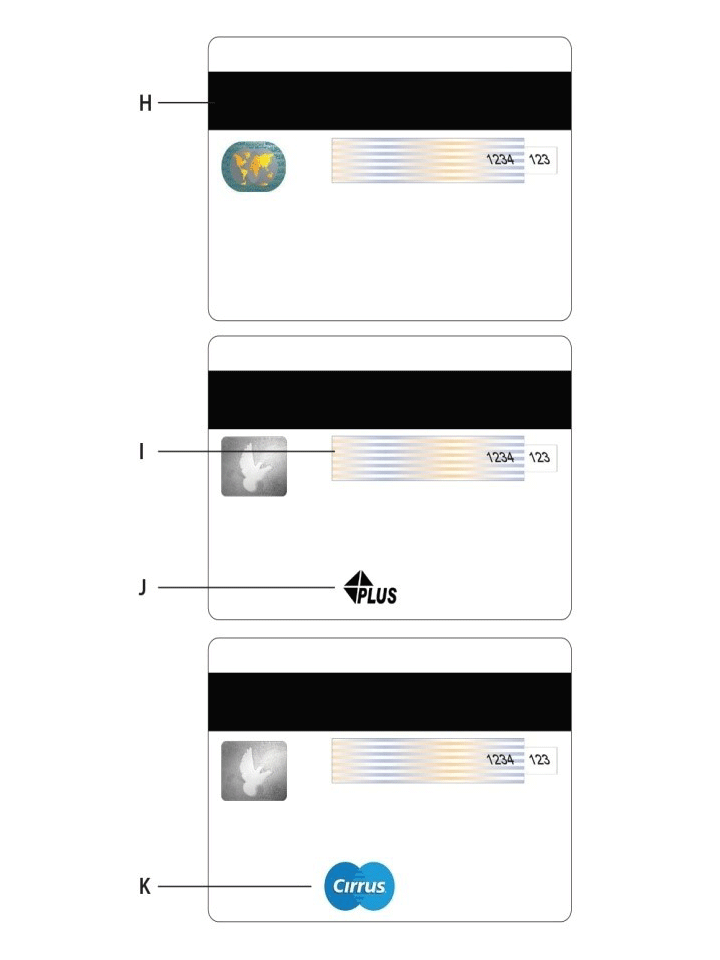
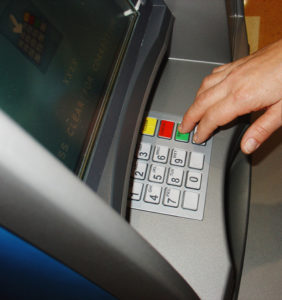
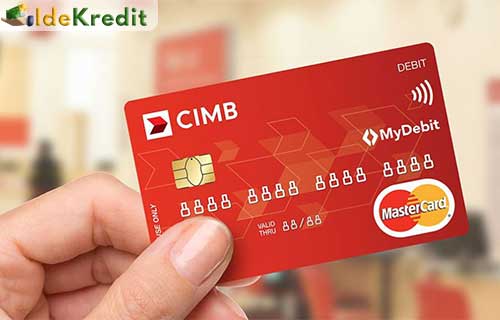

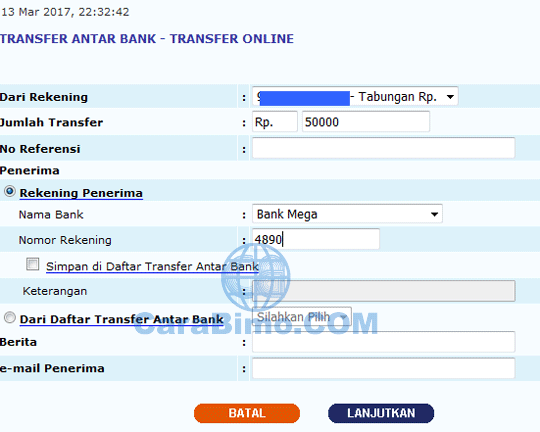

0 Response to "39 cara pembayaran kartu kredit mandiri via atm"
Post a Comment